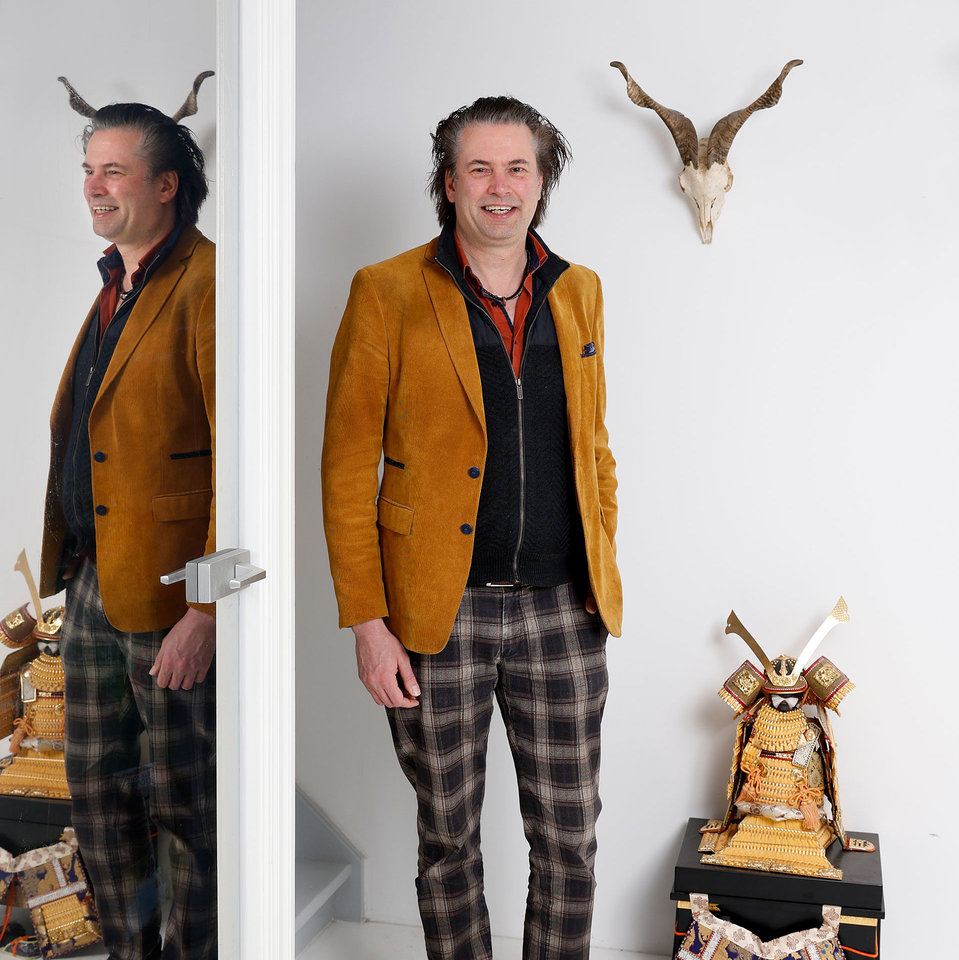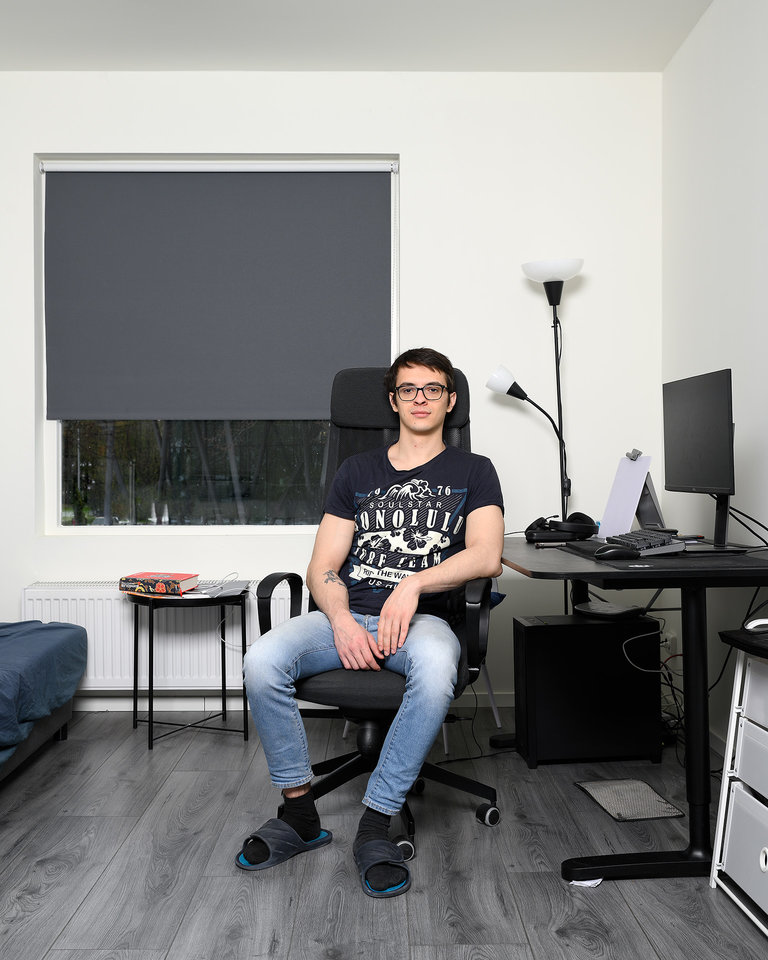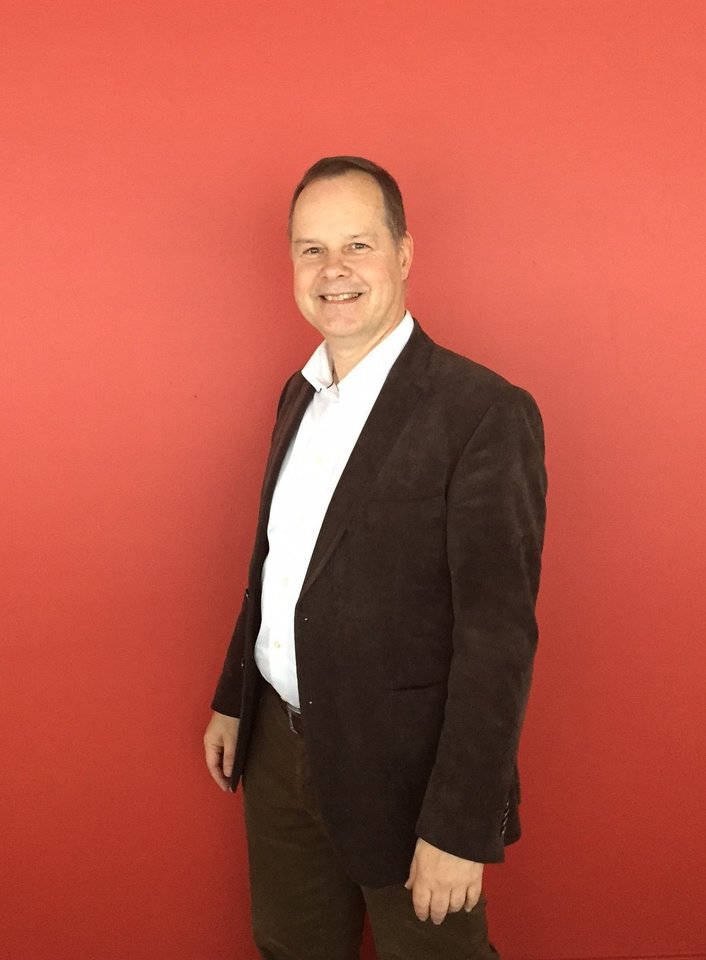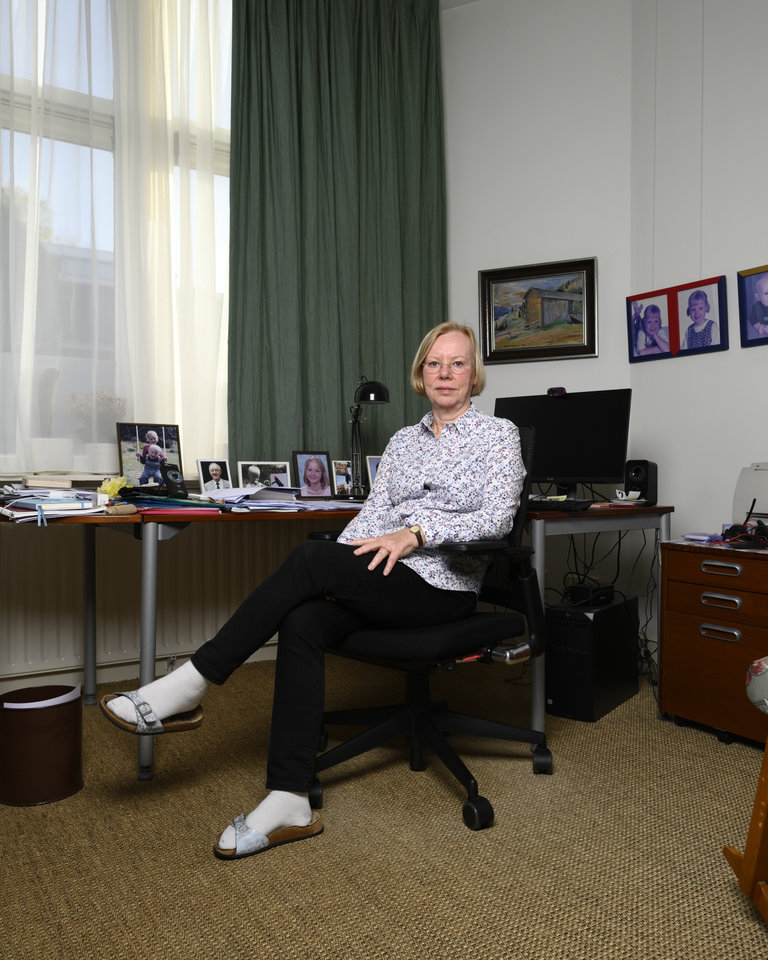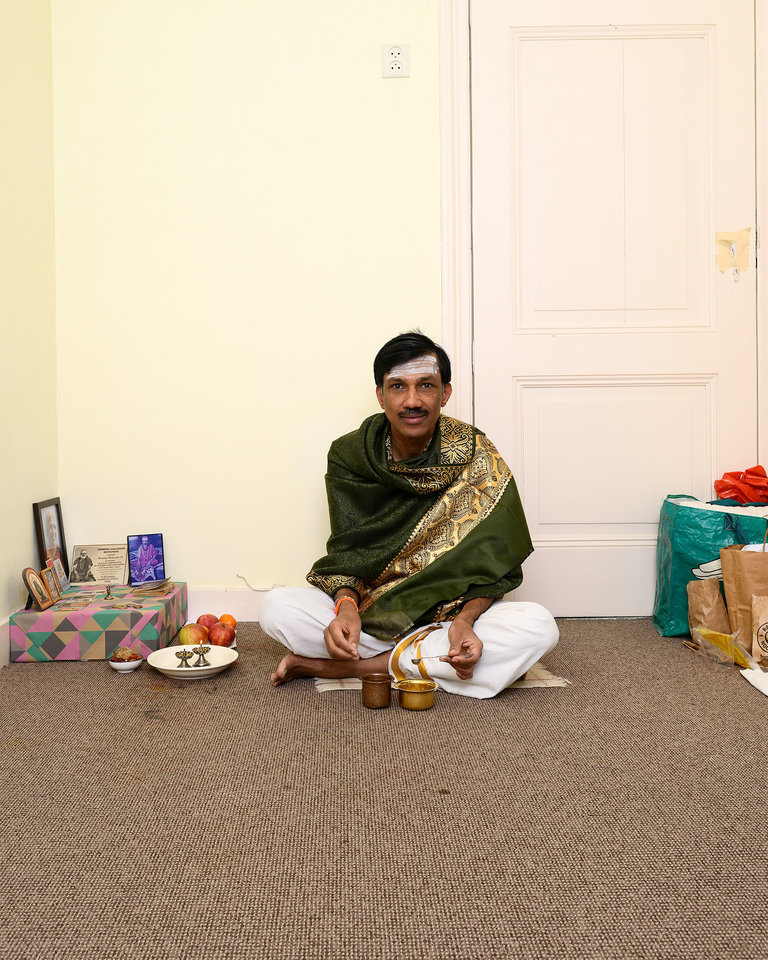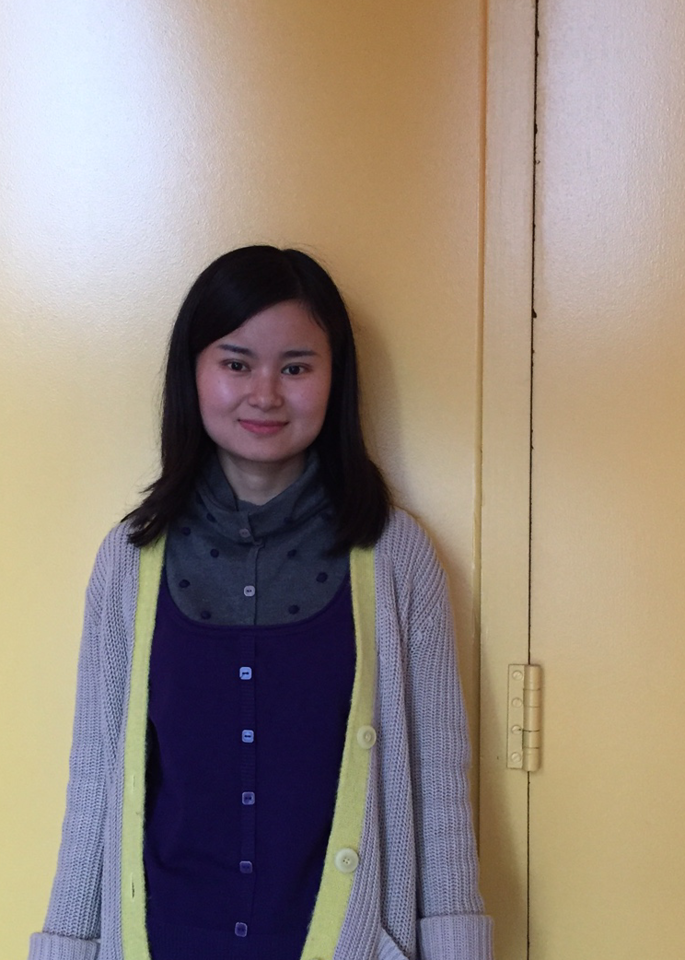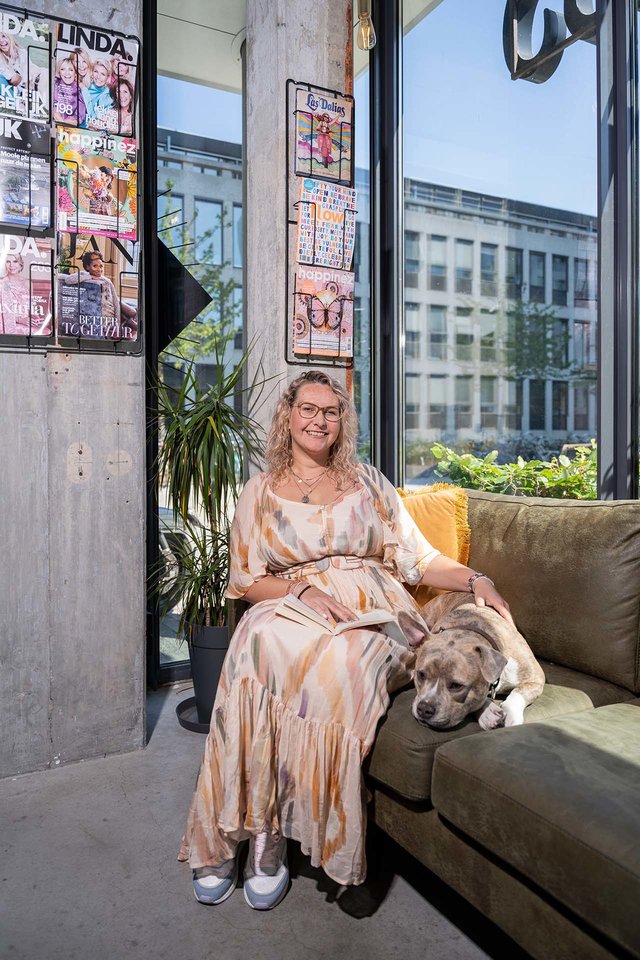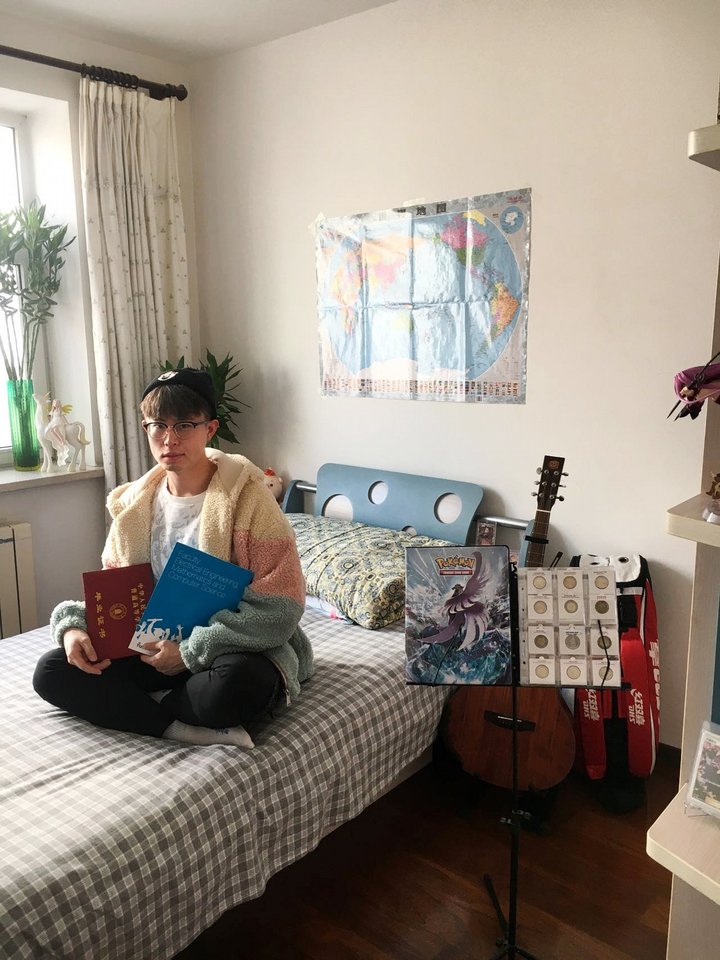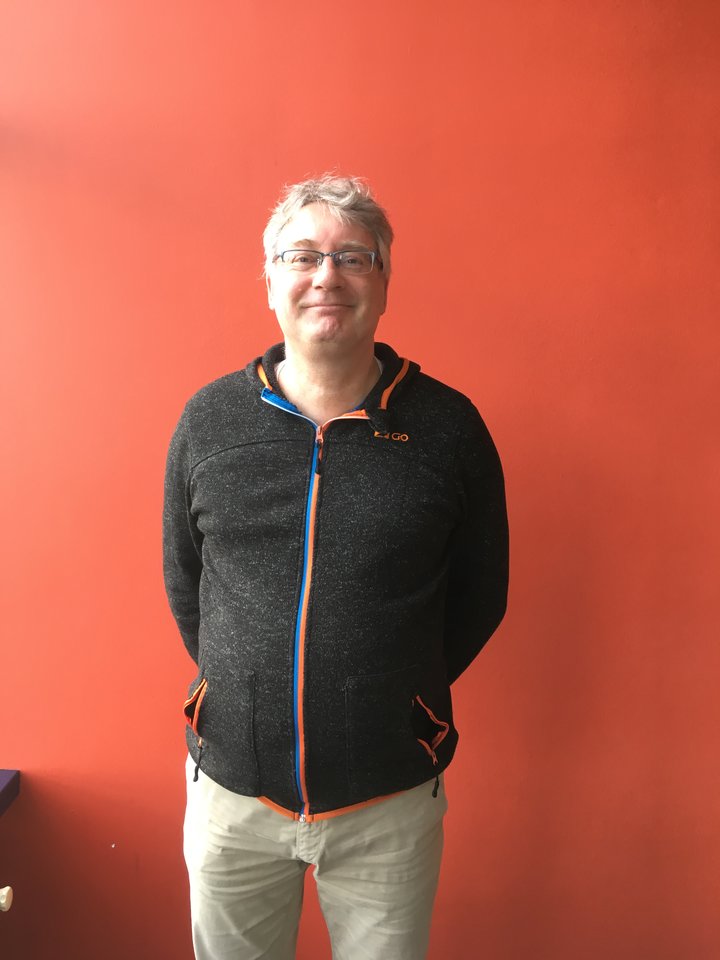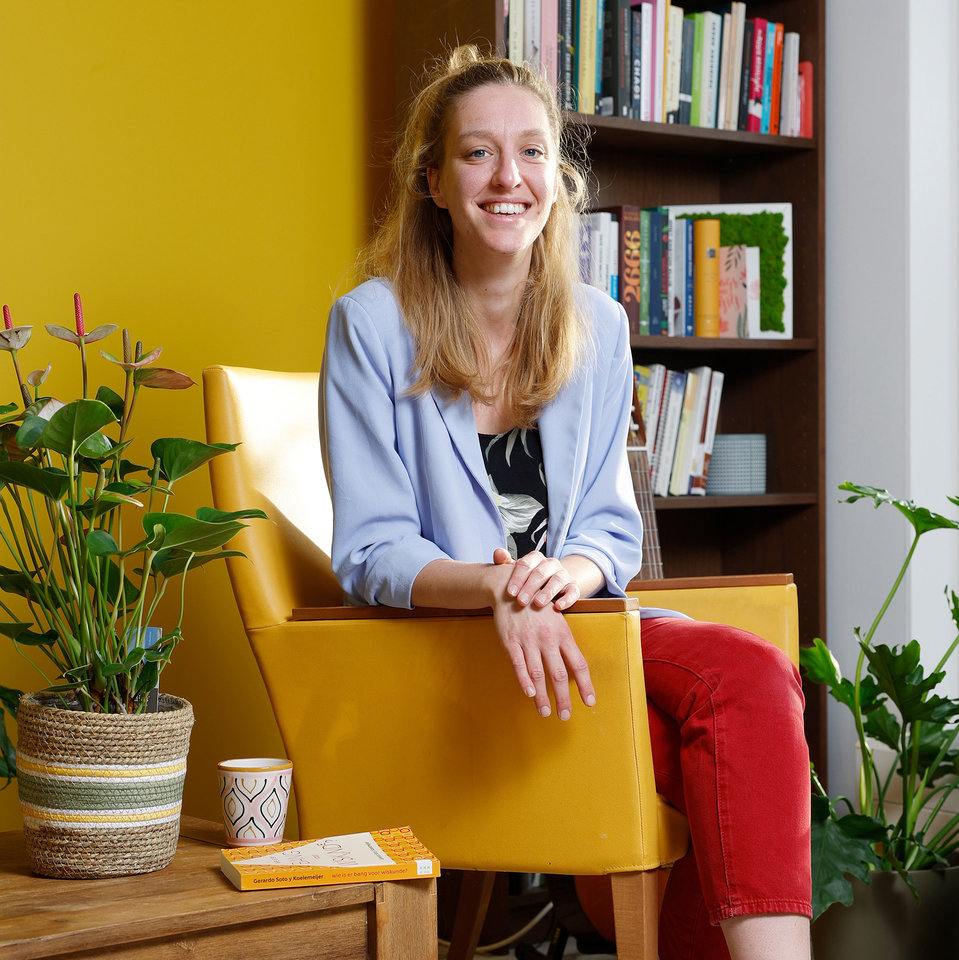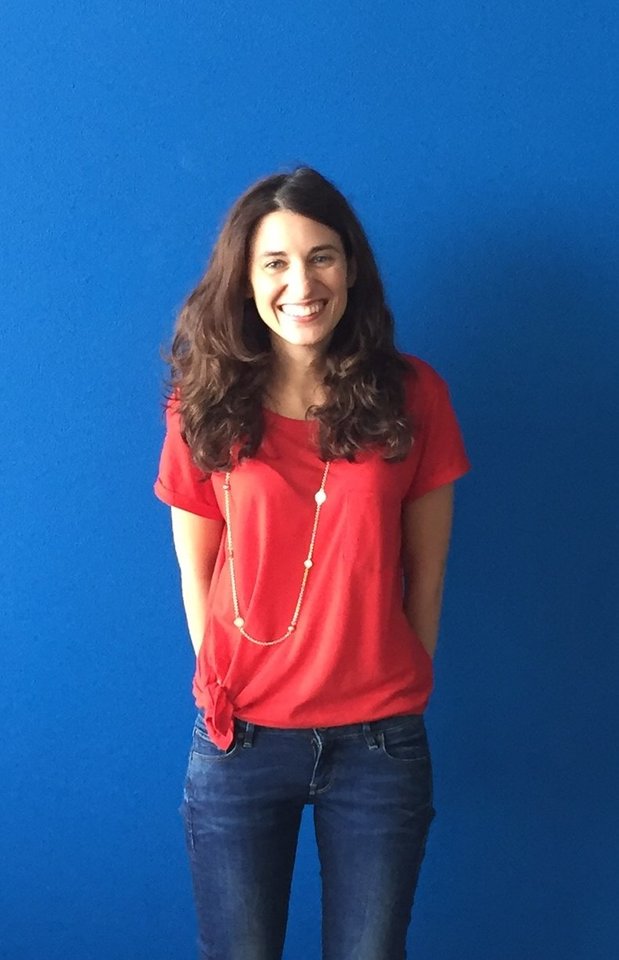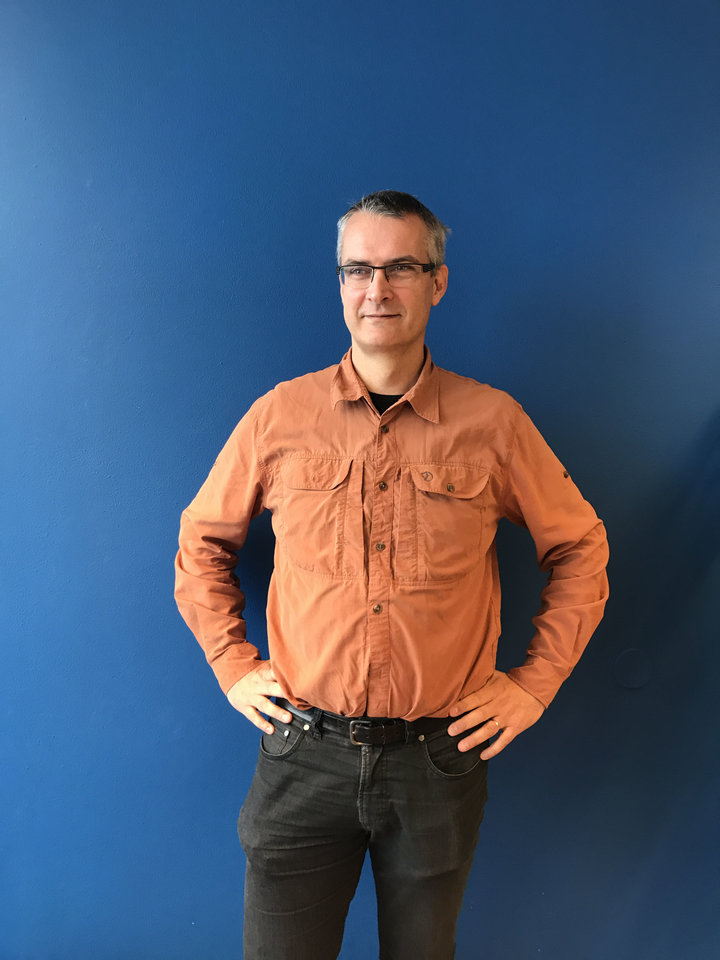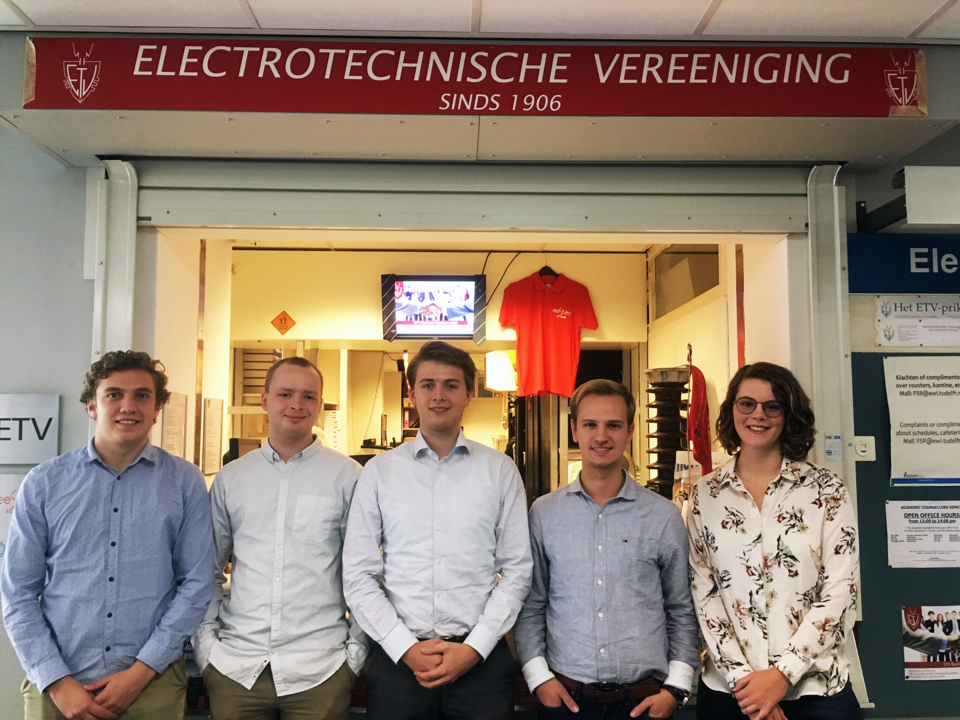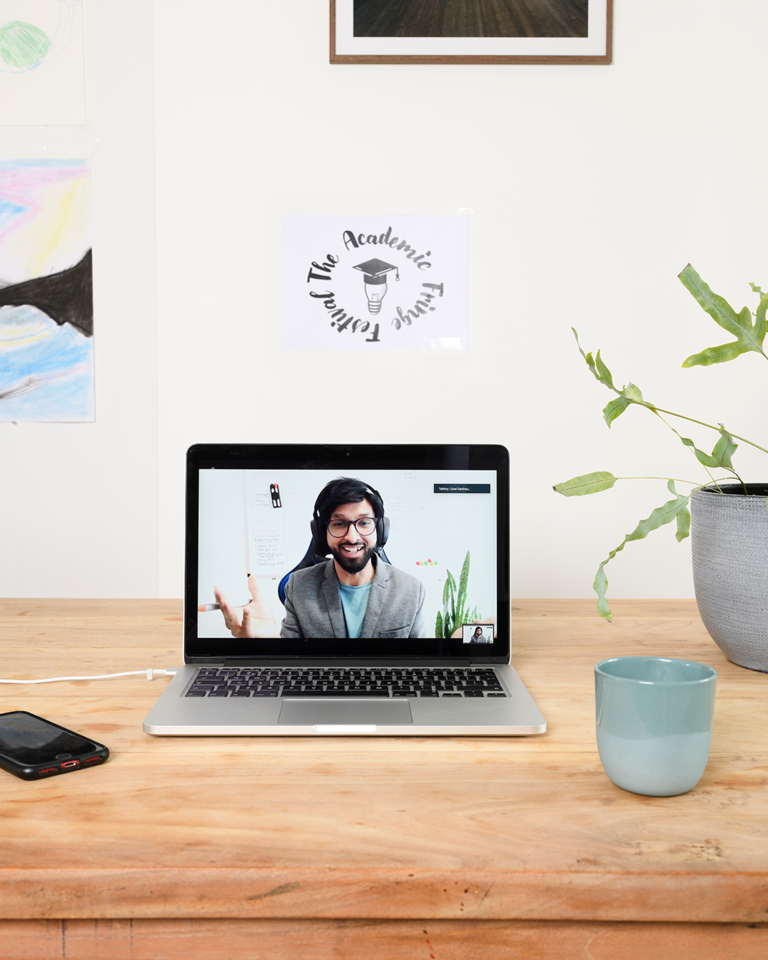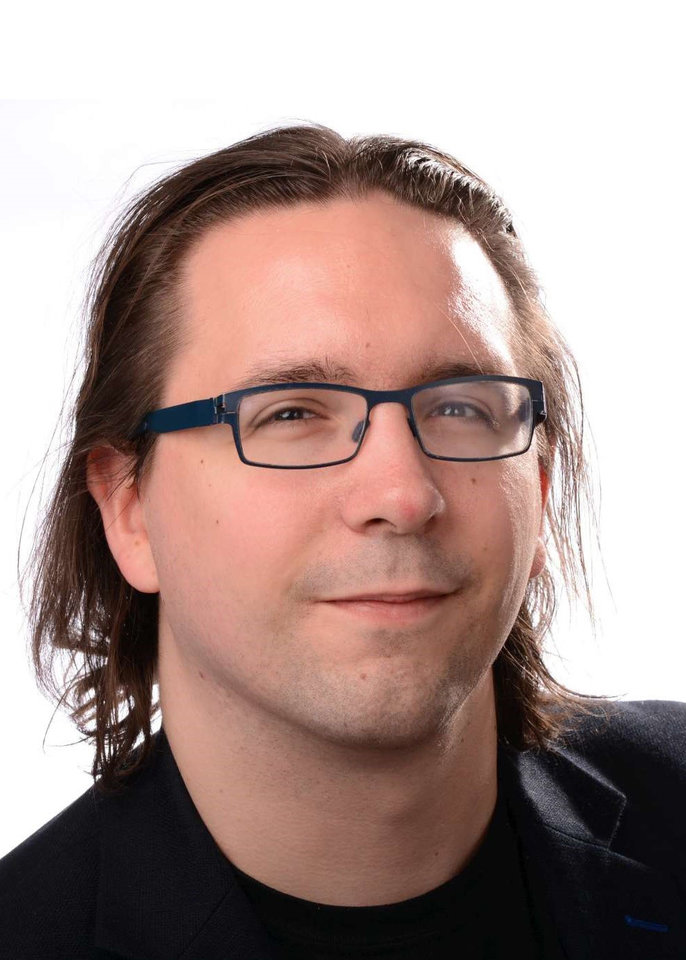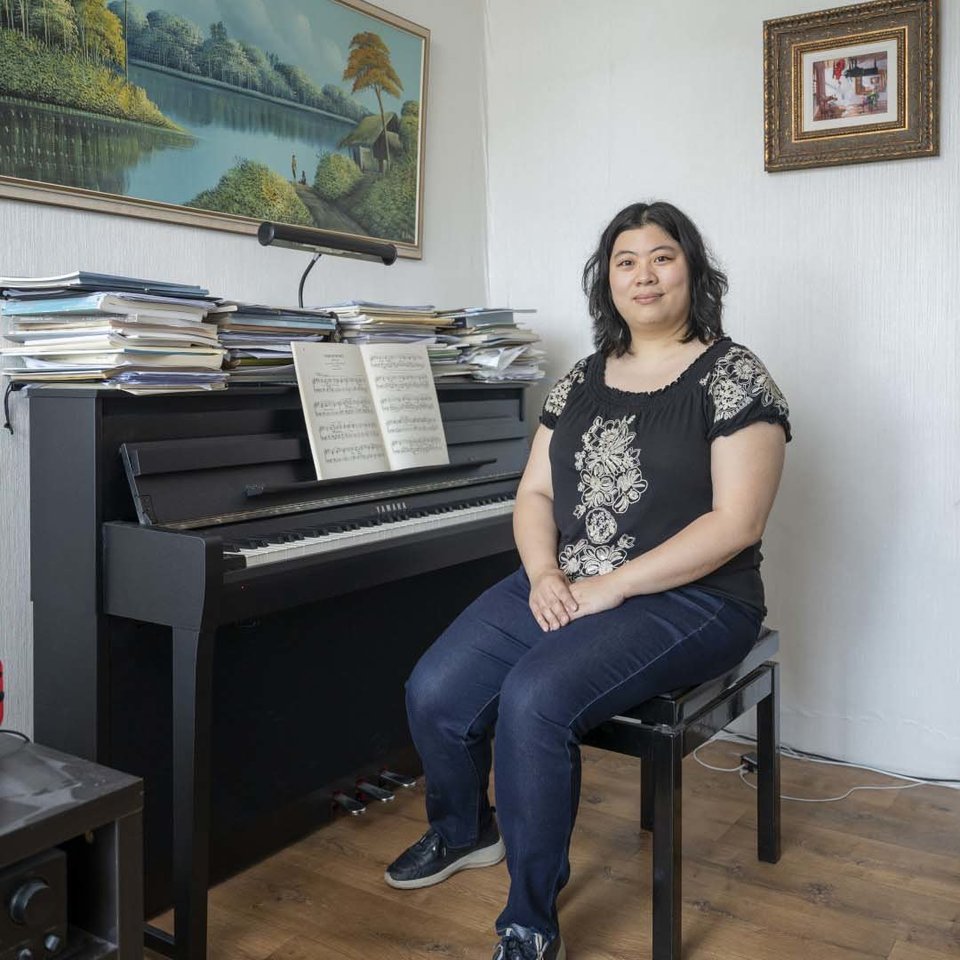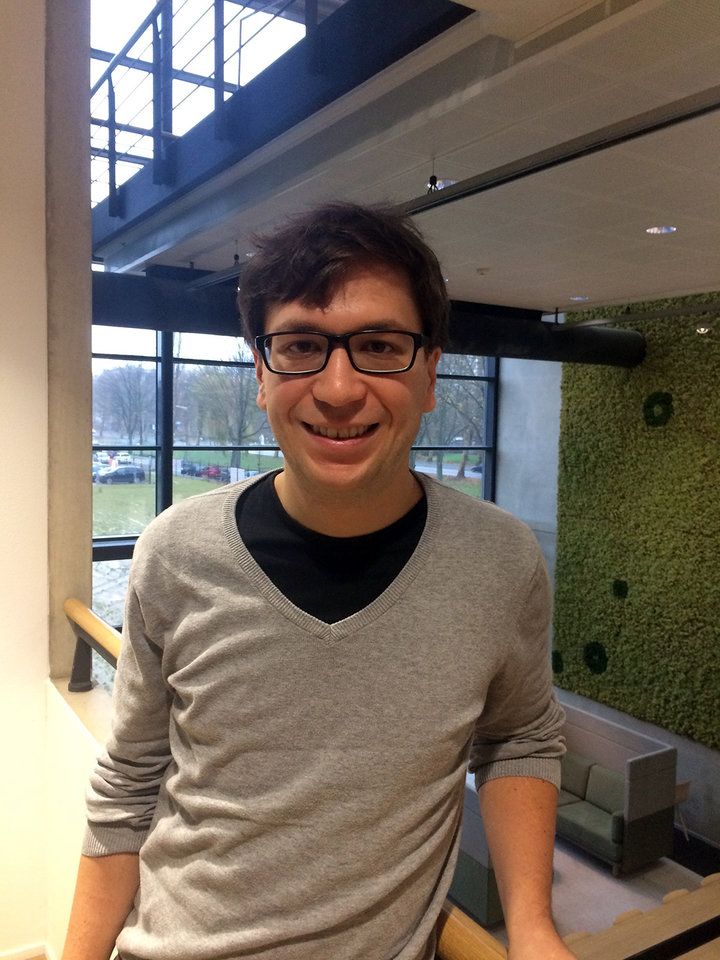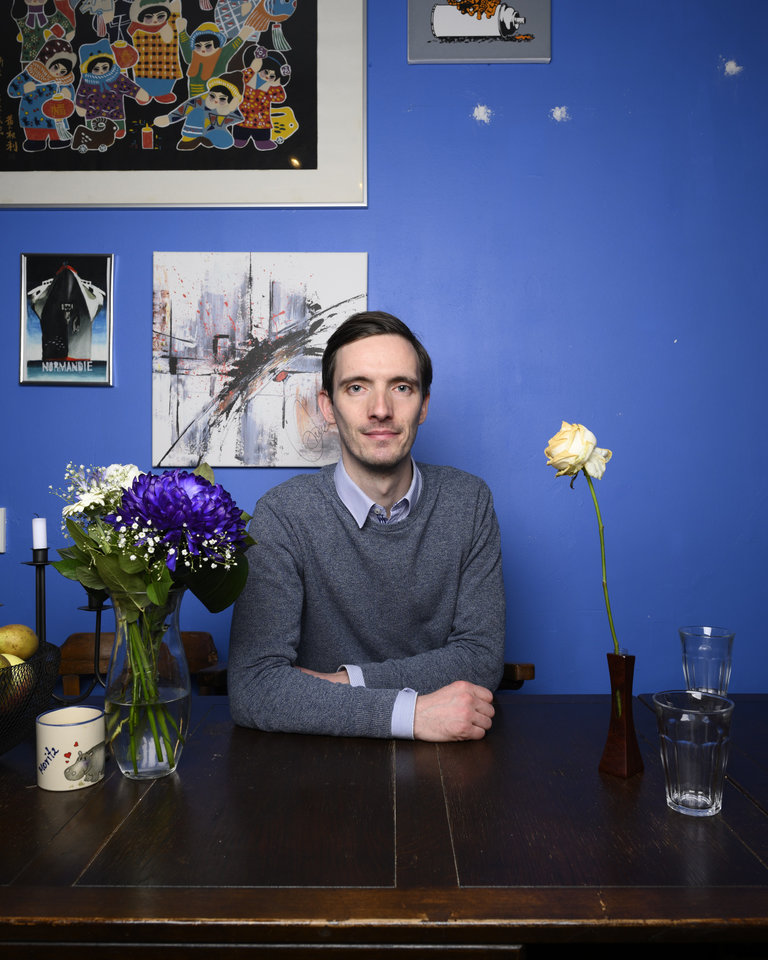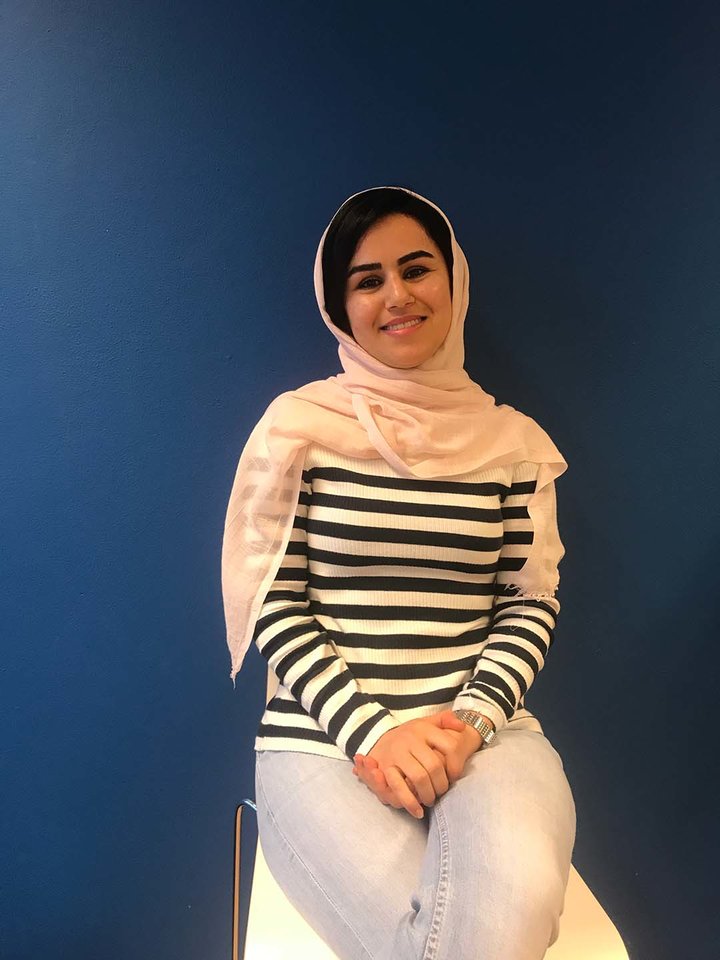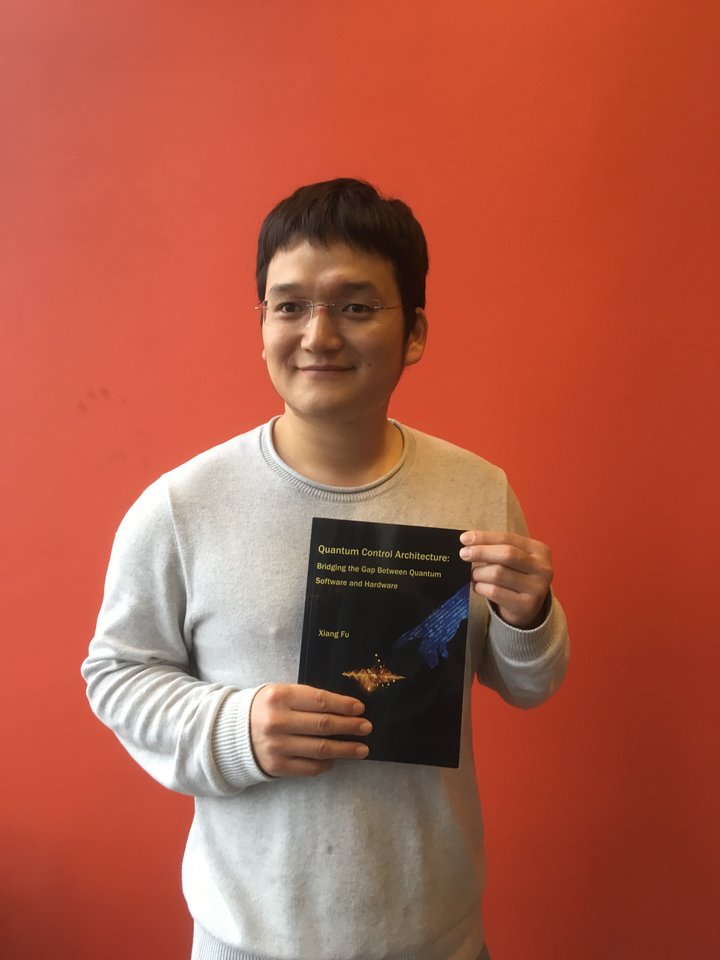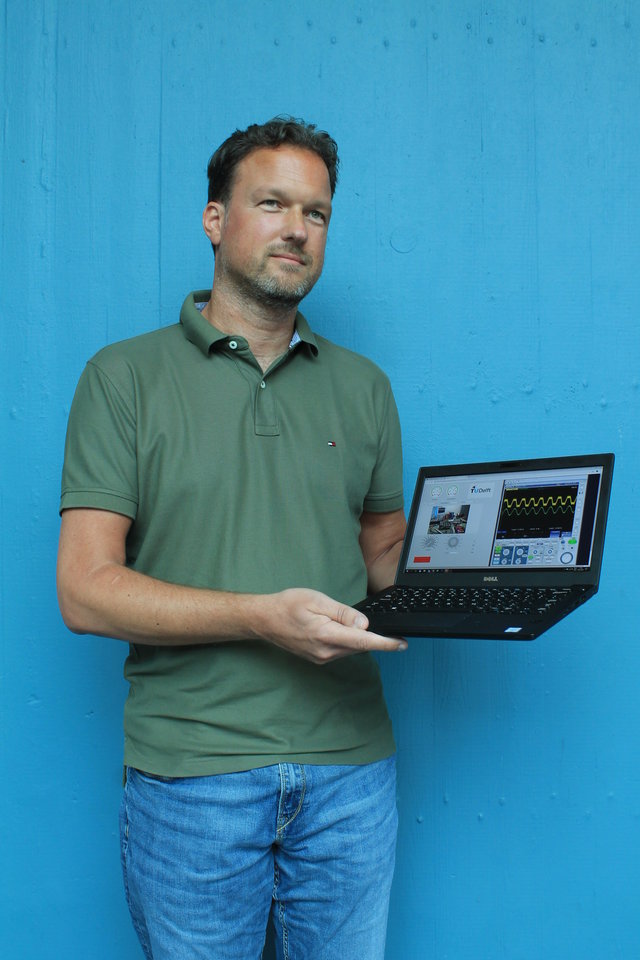In the past as well as more recently, TU Delft employees have been through incredibly unpleasant and difficult experiences. Within EEMCS, mainly women, PhD candidates and international staff have been affected, according to the Berenschot report. We can never fully rectify what happened to all these people. We can, however, try together to make sure that things get better. One of the things that is important in this process is to talk to each other. That is why, for this Humans of EEMCS series, we are talking to people about the EWIquette theme Stepping up and supporting others when they need it.
“I think TU Delft is a great university to work at. I always enjoy getting out of bed to go to the university. I enjoy working with PhD students the most. As a lecturer, you get older and older, but the students are always the same age. Students ensure that as a lecturer you can sometimes get a new perspective on life. And vice versa, as a lecturer, you can sometimes provide students with a different perspective.
We have a group within our faculty called F+Cube. This stands for Future Female Faculty. The purpose of F+Cube is to connect future, female high-achievers and PhDs with mentors. I was a mentor to one of these PhDs. I also try to promote mentorship among my fellow professors, because not everyone is aware that you can become a mentor. And people are also not aware of the need for mentoring. Hopefully, this Humans of EEMCS story will also work to recruit more mentors.
Thanks to PhD students, we continue to gain knowledge as a university. That is why lecturers and supervisors need to protect them. I think the PhD students should get much more time from their supervisors than they get now. Sometimes they only speak to their supervisors once every 3 weeks,
for example, and that is really not enough. And that is also why I have taken on this task of being a mentor for PhDs. Through my mentoring, I can help them get through certain difficult periods or trajectories.
For example, one PhD asked if I would help him with his Go/no-go meeting. The Go/no-go moment takes place when the PhD has been employed for a year, and this determines whether a PhD student can successfully complete the PhD track. This PhD had already had a Go/no-go meeting, but this had not gone well, and so a second one was scheduled. I gave him concrete suggestions for the meeting. He later indicated that this had really helped and that he had successfully completed the meeting. That's what makes this work great and incredibly fun to do!
I think the theme of ‘Stepping up and supporting others when they need it’ is a noble goal. It’s very important that we have a culture where we talk to each other and ask how things are going. I fear that we are all so busy that we don't get around to this. When in fact, good contact is the basis for respectful collaboration. But it does depend on who you talk to, whether they answer honestly when you ask how things are going. That also depends on the hierarchy. PhDs may find it difficult to say how they are really doing. At the university, the hierarchy is like an invisible pyramid of influence. A small group of people determines the direction of the organization. People depend on the decisions they make. For example, I also miss the opportunity for us as teachers - the layer below the management team - to provide feedback or reflection. More inclusiveness and transparency in decision making is very important in this.
I think TU Delft is a good employer for many of its employees, but some people are not fine. And that is totally unacceptable and we have to address that. We have to look at ourselves first. I am open when it comes to this because with one of my first PhDs, I clashed and we went through a coaching process. That was really an eye-opener for me. I am not perfect myself, I also make mistakes and learned that I need to do things differently. I think it is important for all of us - TU Delft wide - to take a good look at ourselves and learn from our mistakes.”




